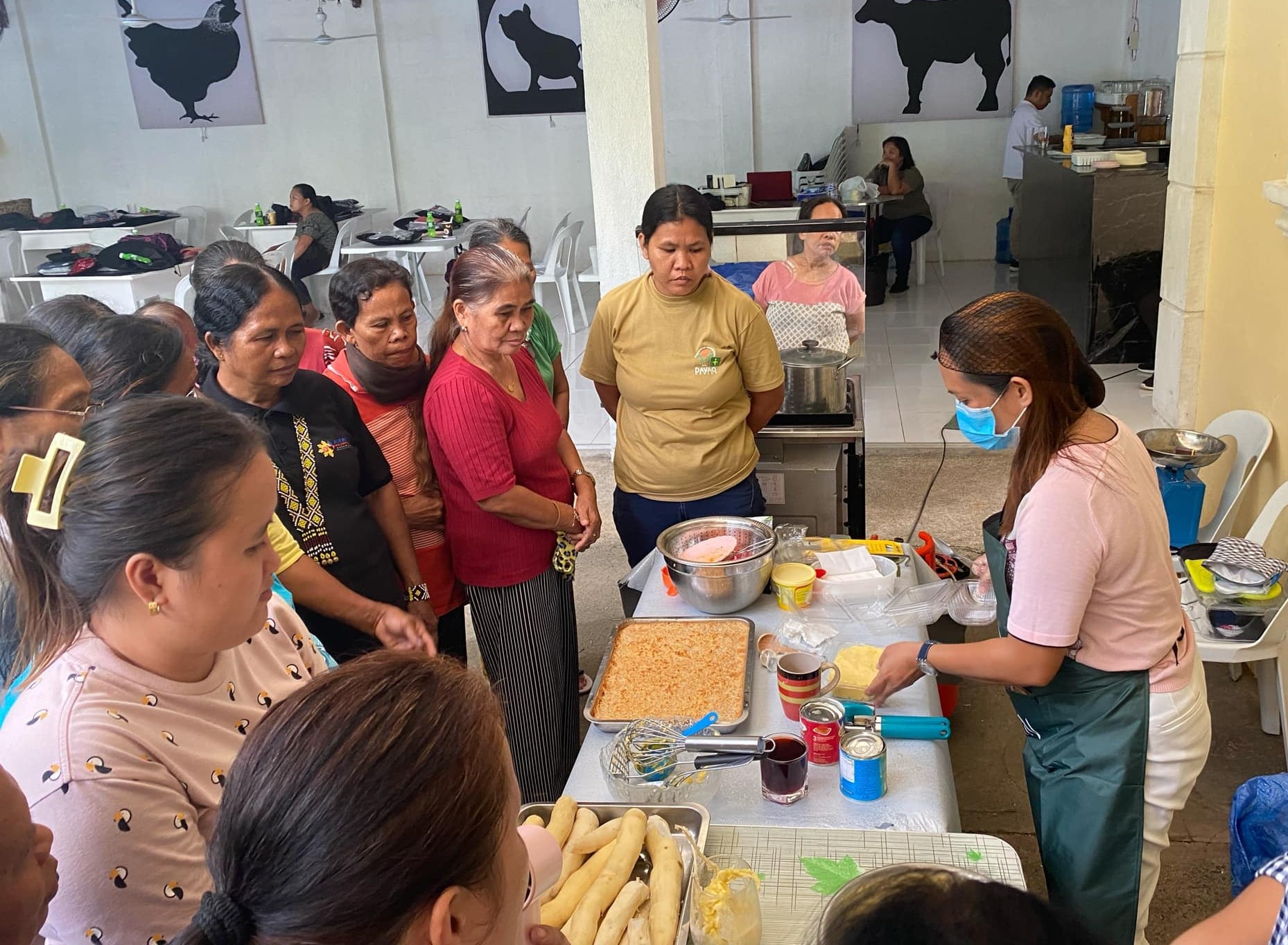
JOSE ABAD SANTOS, Davao Occidental— In a continuing effort to boost the livelihoods of rural communities, the Agricultural Training Institute–Regional Training Center XI (ATI-RTC XI) conducted a Training on Cassava Production, Processing, and Utilization on April 23-25, 2025 at Barangay Caburan.
A total of 28 participants, composed of local farmers and members of the Rural Improvement Club (RIC), participated in the training which aimed to enhance their knowledge and skills in cassava farming and introduce them to value-adding opportunities that can increase their income.
The training covered essential topics including land preparation, proper planting techniques, pest and disease management, and best practices in harvesting. These lessons were designed to help farmers adopt science-based methods to improve productivity and ensure crop sustainability.
Beyond production, the training placed strong emphasis on cassava processing and utilization. Participants learned about postharvest techniques such as drying, fermenting, and milling, which can significantly increase the value of their harvests. They were also introduced to a variety of cassava-based food products and recipes that highlight the crop’s versatility and potential for small-scale agribusiness.
A key highlight of the training was the hands-on demonstration of cassava-based recipes such as cassava cake, cassava rolls, and cassava chips. These simple yet marketable food items were presented alongside proper packaging and labeling techniques to help participants market their products more effectively within their communities and local markets.
Serving as resource persons were Mr. Rolls M. Rubis, Training Specialist of ATI-RTC XI; Ms. Jerusha T. Amil, Agricultural Technologist of LGU-Municipal Agriculture Office; and Ms. Claudette C. Rubis, a seasoned cassava processing practitioner.
Through this training, ATI RTC XI continues to promote sustainable farming practices and support livelihood development by maximizing the potential of crops like cassava. By providing farmers with both knowledge and practical skills, the training helps improve local food security while creating new opportunities for income and strengthening community resilience.
---
Contributor: Rolls M. Rubis





